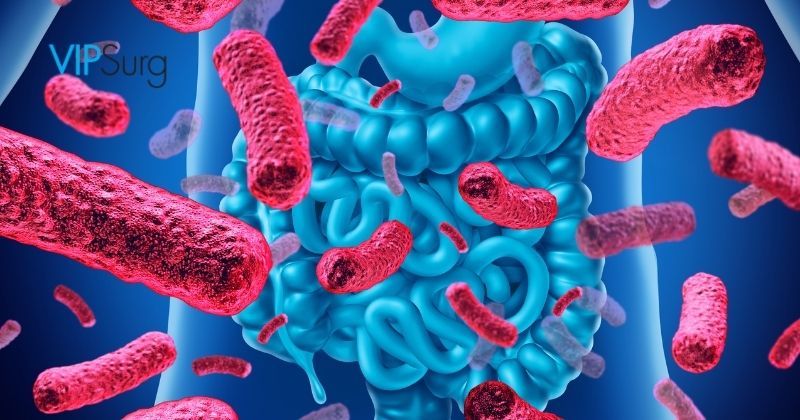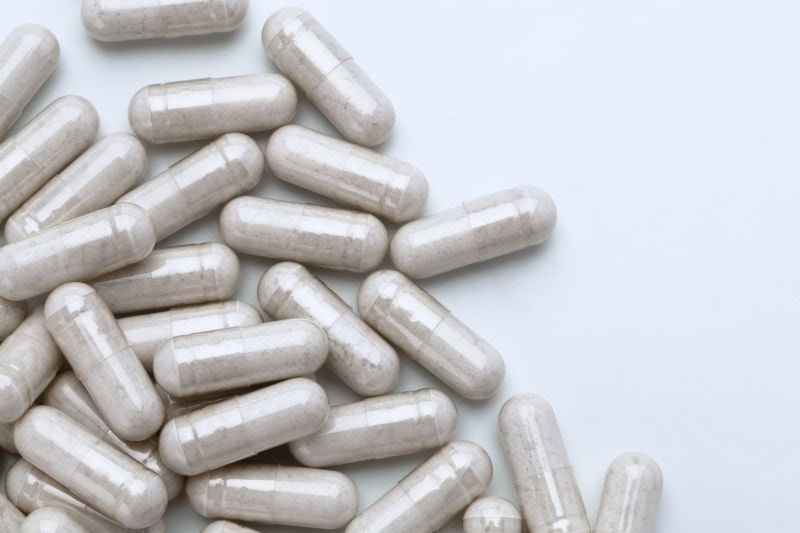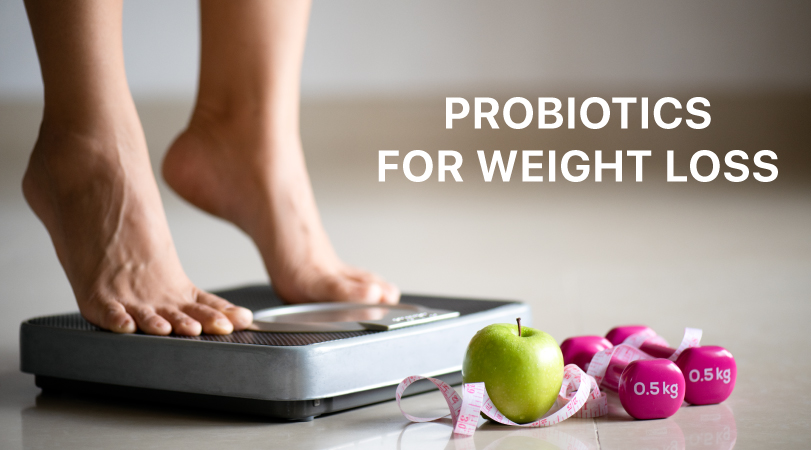How probiotics can improve your weight loss.
Probiotics play a crucial role in weight loss by promoting a healthy balance of gut bacteria, which can improve digestion, enhance metabolism, and regulate appetite. They help increase the production of short-chain fatty acids that boost fat burning and energy utilization, while also reducing inflammation that can contribute to obesity. By supporting insulin sensitivity and inhibiting fat absorption, probiotics create a more efficient and balanced internal environment that aids in achieving and maintaining a healthy weight.
Here are some ways probiotics may help:
1. Alter Gut Microbiota Composition
Probiotics can help maintain a healthy balance of gut bacteria. Some studies suggest that an imbalance in gut microbiota, known as dysbiosis, can be linked to obesity. Certain strains of probiotics might help restore balance, promoting a healthier gut environment that could support weight loss.
2. Enhance Metabolism
Probiotics can influence metabolic functions. They can increase the production of short-chain fatty acids (SCFAs), which are involved in fat metabolism and energy regulation. Improved metabolism can lead to more efficient fat burning and energy use.
3. Regulate Appetite and Reduce Fat Storage
Certain probiotics may affect the release of hormones related to appetite and fat storage. For example, they can influence the production of appetite-regulating hormones such as ghrelin and leptin. This can lead to reduced hunger and decreased fat storage.
4. Reduce Inflammation
Obesity is often associated with chronic low-grade inflammation. Probiotics can have anti-inflammatory effects, reducing inflammation in the gut and throughout the body. Lower inflammation can improve overall health and potentially support weight loss efforts.
5. Improve Digestion and Nutrient Absorption
A healthy gut can improve digestion and nutrient absorption, ensuring that the body gets the nutrients it needs without overeating. Efficient digestion can also help in the breakdown and elimination of fats.
6. Impact on Fat Absorption
Some probiotics may inhibit the absorption of dietary fat, increasing the amount of fat excreted with stool rather than stored in the body.
7. Support Insulin Sensitivity
Probiotics can improve insulin sensitivity, which is important for weight management. Better insulin sensitivity can help control blood sugar levels and reduce the likelihood of storing excess glucose as fat.

Evidence from Studies
- Lactobacillus gasseri: Some studies have shown that this strain can help reduce body weight and fat mass in humans.
- Lactobacillus rhamnosus: This strain has been associated with weight loss and improved body composition, especially in women.
- Bifidobacterium: Certain strains of Bifidobacterium have been linked to reduced weight gain and fat accumulation.
Considerations
- Strain-Specific Effects: Not all probiotics have the same effects. The benefits can be strain-specific, so it’s important to choose the right probiotic.
- Diet and Lifestyle: Probiotics are not a magic solution for weight loss. They work best when combined with a healthy diet and regular exercise.
- Individual Differences: The impact of probiotics can vary from person to person based on genetics, existing gut microbiota, and overall health.

In conclusion, probiotic capsule supplements can be a valuable ally for individuals striving to lose weight. By fostering a healthy gut microbiota, enhancing metabolic processes, regulating appetite, and reducing inflammation, probiotics support the body’s natural weight management mechanisms. While they are not a standalone solution, when combined with a balanced diet and regular exercise, probiotics can significantly enhance weight loss efforts and contribute to overall well-being.
